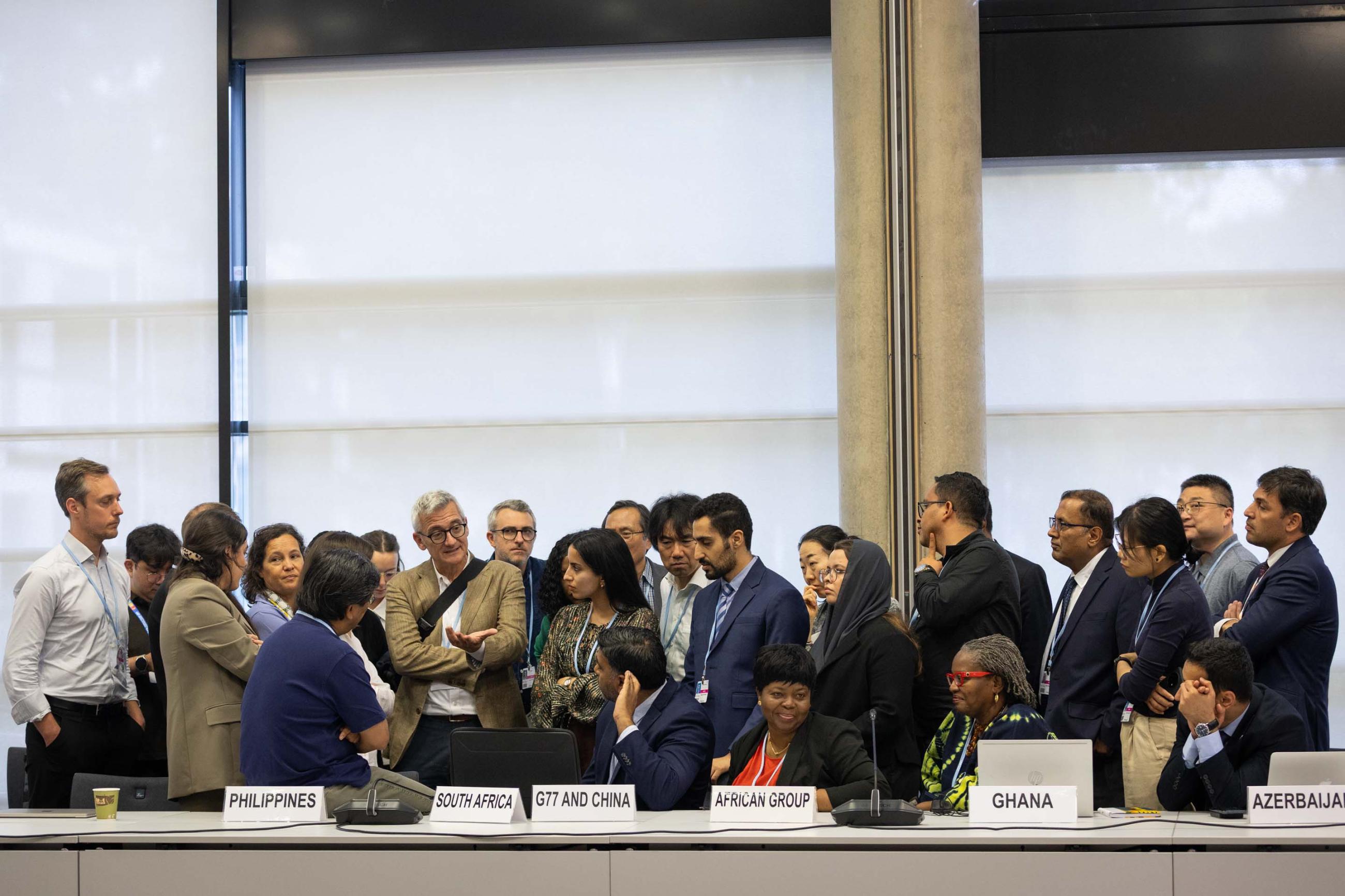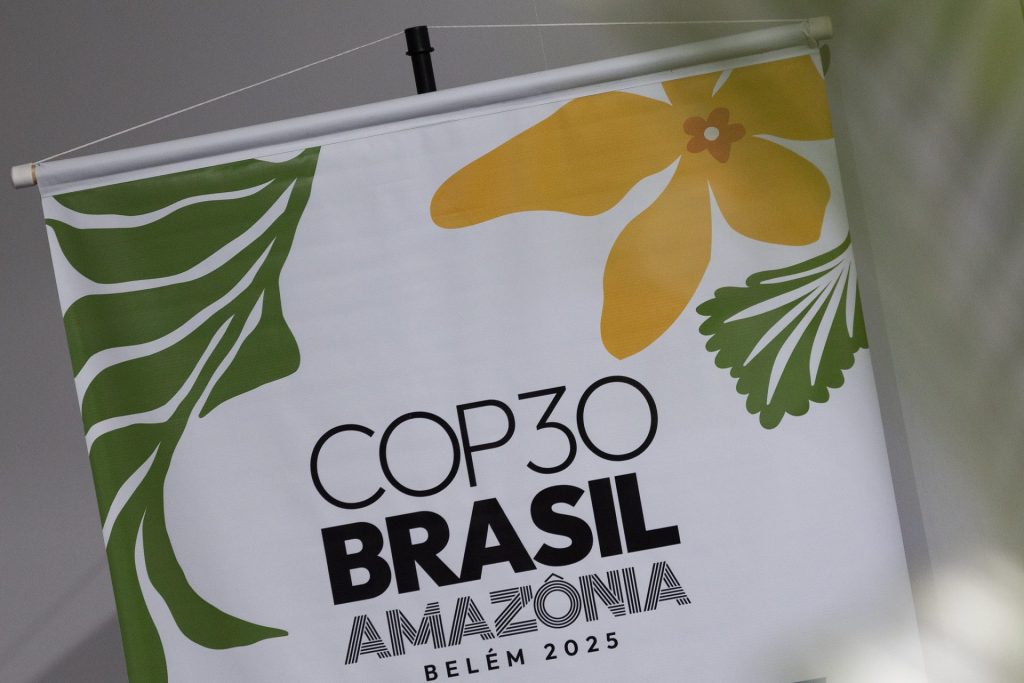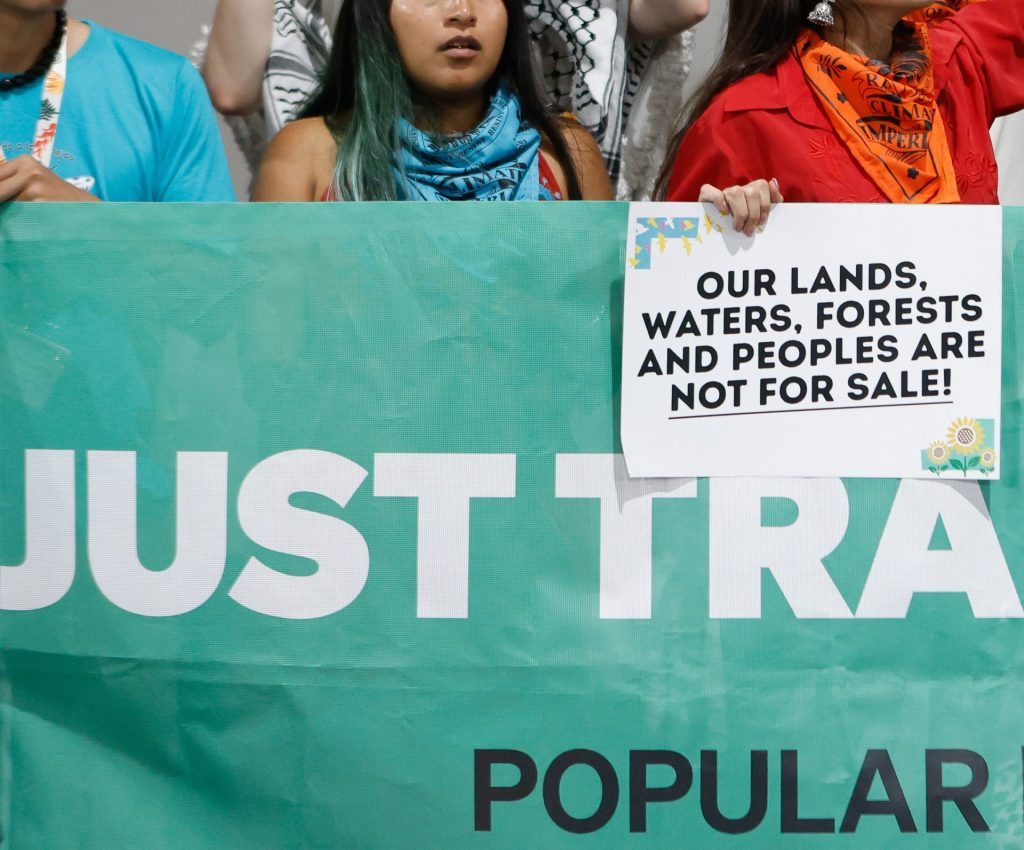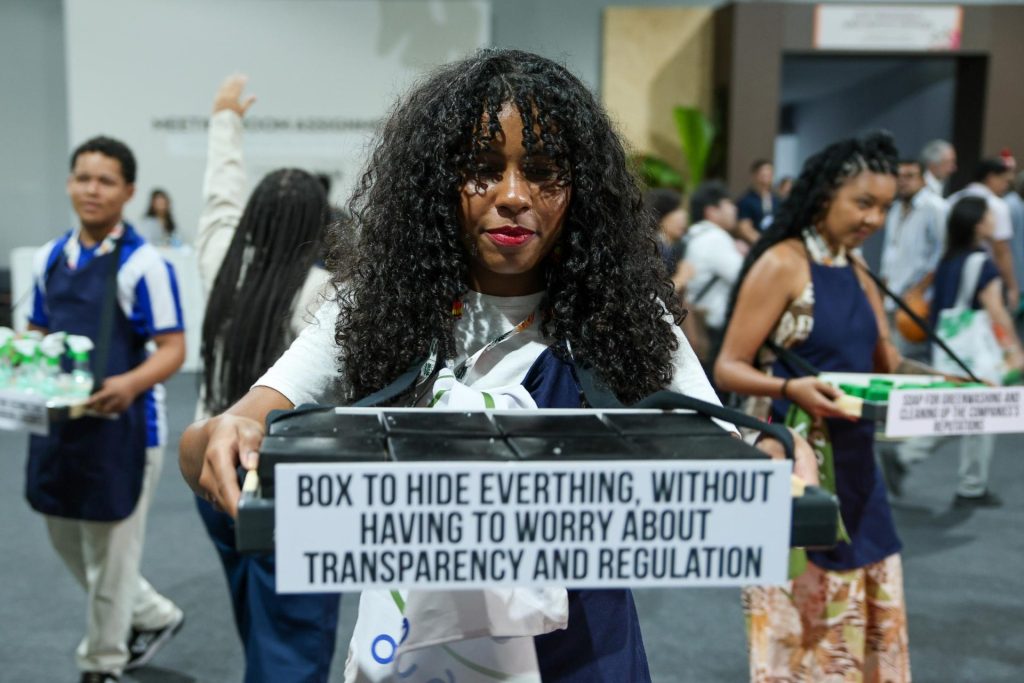After the mixed reactions to the new collective quantified goal of US$300billion at COP29 in Baku, attention turned in 2025, to the finer details of how it would be achieved, with the primary headwind being politics. Leaders gathered in Bonn to iron out some of the details in advance of COP30 in Belém. The central issue was how to unlock finance for adaptation plans, while delivering a clearer and effective pathway to deliver US$1.3trillion by 2035 to developing countries, under the Baku to Belém Roadmap. But negotiations were unable to produce outcomes that meaningfully address finance for adaptation and mitigation.
Major Climate Finance Highlights of the Bonn Meetings
Prior to the negotiations, the obligation of developed countries to provide climate finance under Article 9.1 of the Paris Agreement, was seen as a major point of contention. Indeed, countries spent a reported 17 hours to agree on the agenda, with developing countries wanting to see a dedicated item on it. Developed countries pushed back and were ultimately successful, but not before developing countries voiced their dissatisfaction. Director General of the National Council on Climate Change for Nigeria, emphasised the importance of public resources to the attainment of the Paris goals, while Amandeep Garg of the Ministry of Environment, Forest and Climate Change of India, registered the displeasure of developing countries, on the reluctance of developed countries to discuss their legal financial obligations.
During consultations, the African Group, Arab Group, and Like-Minded Developing Countries, proposed a work programme (a dedicated consultation group) on the modalities for implementing Article 9.1. It was suggested that this could cover among other things tripling of adaptation finance, public finance support to Loss and Damage, and predictability of financial support. Developed countries pushed to expand the scope of climate finance related discussions without limiting it to specific responsibilities, a move that was perceived as budren shifting, disappointing those like Liliam Chagas – Brazil’s lead climate diplomat, who wants these agreements firmed up for concrete discussion in Belém.
Developing countries also wanted more transparency around the development of the Baku to Belém Roadmap, the blueprint of how to get to the US$1.3 trillion goal, with consultations prior to it being released. They wanted developed countries to show leadership in providing the US$300 billion, and “a clear agreement on burden sharing amongst developed countries to establish their ‘fair share’ of their collective obligation to provide climate finance, which allows predictability, transparency, and accountability”.
The chasm was also manifest in the dialogue on the implementation of the Global Stock Take (GST), with developed countries pushing for structured reporting and ministerial engagement, while developing countries together with India and China, stressing that finance, technology transfer and capacity building need to come first, warning against new conditional burdens for developing countries. The UK, Canada and Norway, forcefully resisted the use of prescriptive language in defining responsibilities around finance and technology transfer, while developing countries pushed for a stronger linkage between the two, particularly when it came to Green Climate Fund and Global Environmental Facility replenishments.
The discussions around the Adaptation Fund also appeared to major the minors, with countries agreeing on the need to update the composition of the Fund’s Board terminologies, and Trustee arrangements, while disagreeing on timelines for the fifth review of the Fund.
It is clear that the central friction points continue to revolve around financial obligations, conditionalities and the risk of shifting responsibilities onto developing countries without guaranteed support. Readers will recall similar developments casting a shadow over the negotiations in Baku. Civil Society Organizations midway through the meetings, urged the embrace of majority based decision-making to break deadlocks, when consensus fails. For now, developed countries again, appear to have had their way, which begs the question, when the right time will be to mainstream financial responsibility discussions in advance of Belém, if at all?
The Consistency in Africa’s Position
Underscoring Africa’s unity in these negotiations in challenging geopolitical times, Dr. Richard Muyungi – chair of the African Group of Negotiators (AGN), refers to what has been described by scholars studying climate change negotiations as important success indicators: size of economy, external power and vulnerability to the impact of climate change.
The region’s focus on adaptation finance is testament to this approach. At the meetings Dr. Muyungi, referenced the prioritisation of the link between adaptation and finance as evidence of cooperation between African countries. Other areas of African cooperation delivering results on climate finance include the just transition, mitigation, clean cooking efforts and Mission 300. Other priority areas include, the push to secure clarity and the operationalisation of the new collective quantified goal on climate finance, and the Baku to Belém Road Map to US$1.3 trillion by 2035, as well as reaffirmation of Africa’s preparedness to leverage its natural wealth to drive global climate mitigation.
Urgent Need for Coordinated Finance Action from Bonn to Belém
While not yielding successful outcomes for the developing South, the Bonn talks provide an opportunity to link with other global developments, notably the outcomes of the fourth international conference on finance for development (FfD4) underway in Seville, the G20 sustainable finance roadmap, and the MDB reform agenda for climate finance. The Seville Commitment, likely to be adopted at the FfD4 conference, calls for a plan for finance mobilisation that goes beyond the NCQG for climate action, in addition to transparency in climate finance reporting.
Similar observations were made at the Climate Week in London, where the overarching call was for capital to be channelled towards activities with a climate-measurable impact, moving beyond greenwashing, and expanding Public Private Partnerships to scale blended finance. The International Energy Association also underscored the need for new finance and investment bridges to deepen the energy transition and renewable energy investments in Emerging Market and Developing Economies. These countries currently receive about 20 percent of total energy finance out of a projected US$3.3 trillion expected spend in 2025. This will not be possible without adequate representation and consideration of the needs of these economies in Africa.
In its efforts to shape the COP30 agenda, Brazil should enable a connection of the outcomes of these global climate finance discussions to ensure progress. The road from Baku to Belém is definitely fraught, and the Bonn negotiations have laid bare the entrenched divisions over climate finance. The US$1.3 trillion pledge remains caught in procedural delays and geopolitical posturing, while the urgency for adaptation finance and loss and damage leaves no room for ambiguity. With COP30 on the horizon, failure of intermediate negotiations risks not only the credibility of the UNFCCC, but the lives of those on the frontlines of the climate crisis. We need Belém to deliver.





